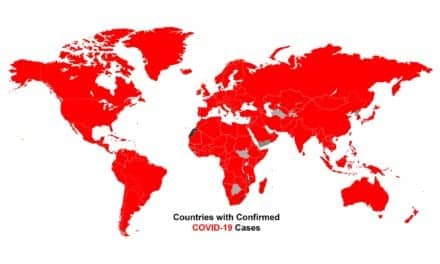The rate of experimentally induced upper respiratory infection increased in healthy adults with shorter telomere length (a structure at the end of a chromosome) in specific leukocytes, according to research in JAMA. The results were identified in comparison to participants with longer telomeres.
Telomeres, DNA-protein complexes at the end regions of chromosomes, decrease in length with every cell division.
“Telomere shortening in leukocytes (white blood cells) has implications for immunocompetence and is associated with increased synthesis of proinflammatory cytokines and poorer antibody response to vaccines,” according to background information accompanying the article. “Shorter leukocyte telomere length also is associated with aging-related morbidity and mortality from conditions with immune system involvement, including infectious diseases, cancer, and cardiovascular disease.”
Investigators assessed telomere length in 152 healthy adults, then quarantined participants to administer nasal drops containing a common cold virus; participants were then monitored for 5 days for development of infection and clinical illness.
Among all patients, 69% developed respiratory infections and 22% developed a cold. An association was seen between those with shorter telomere lengths in all 4 cell types and increased odds of infection following exposure to the virus.
Those with the shortest CD8CD28 telomere length had a rate of infection of 77%, compared to 50% for those in the group with the longest telomeres. Among participants with the shortest telomeres, 26% became clinically ill. The rate for clinical illness was 13% for those in the group with the longest telomeres.
“In this study of healthy young and midlife adults, shorter CD8CD28 cell telomere length was associated with upper respiratory tract infection and clinical illness following experimental exposure to rhinovirus,” the authors concluded. “Because these data are preliminary, their clinical implications are unknown.”









